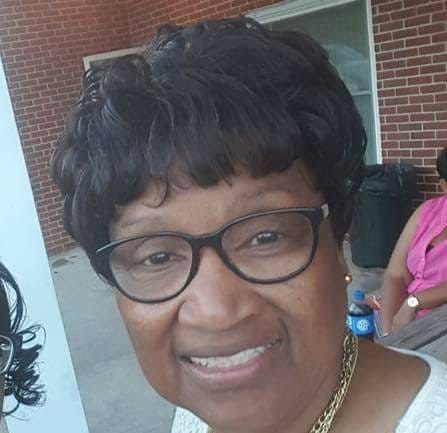Finding Addie
This is a story of how I met my second mother, Addie Purnell, in a night that changed my life
My second mother, Addie Purnell
Last week we entertained a beloved friend and her children for the weekend. She is our kids’ “aunt” not by blood or marriage, but by an intense bond of friendship that has become like family. Our 8-year-old asked, after she left, if her son of the same age is really his cousi…



